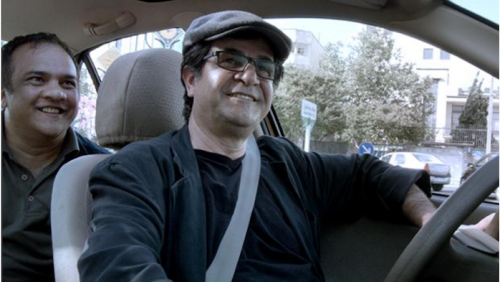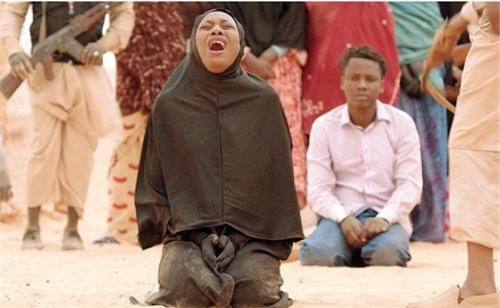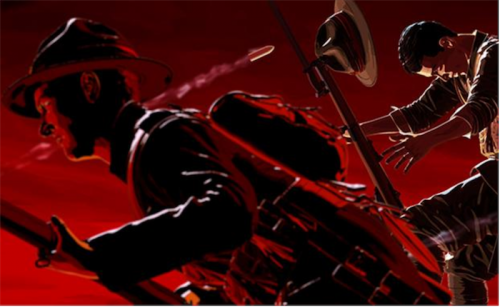
“Tehran Taxi”… where the director Jafar Panahi pretended to be a taxi driver and recorded conversations as he drove around the Iranian capital.
Along with local film experts Oliver Krischner, Alice Taylor and Cris Kennedy, Pike has stepped in to resuscitate the ailing Canberra International Film Festival.
Ever the optimist, he won’t dwell on the past, except to say that the “old model” film festival simply wasn’t a goer any more in a climate where we see yet another nationally-themed film festival coming to town every week.
This will be a festival of 30 films featuring only a couple of European and American offerings, with the rest coming from Australia, the Middle East and Asia.
Pike for one wants the community “to again fall in love with this festival” and feel that they truly own it”.
Collaborator on the festival, National Film and Sound Archive director Michael Loebenstein, wants it to “benefit from intellectual dispute”.
Those who like to combine enjoyment with thinking will breathe a sigh of relief.
“I’ve been programming cinema for 27 years in Canberra, so I should know what Canberrans like,” Pike says.
The festival’s opening film will be “Neon”, in which filmmaker Lawrence Johnson and Canberra’s WildBear Entertainment chronicle a simpler time through the artisans who helped light used-car yards, casinos and caravan parks. That will screen with a short film from Canberra’s Numbskull Productions, “Girl+Ghost”. Both films signal what Pike sees as our “burgeoning film industry”.
Having the event at Arc Cinema, with access to the NFSA’s archival classics, has allowed them to stage a Peter Finch focus this year with “The Shiralee”, “Network” and a surprising children’s film, “The Day”, directed by Finch in 1960.
Documentaries are to the fore, but the lines are so blurred these days that often you can’t distinguish them from fictional movies. Take Golden Bear award-winner “Tehran Taxi”, where the director Jafar Panahi pretended to be a taxi driver and recorded conversations as he drove around the Iranian capital. His part is fiction but the rest is fact.
In “No Burqas Behind Bars”, directors Nima Sarvestani and Maryam Ebrahimi look behind closed doors in Afghanistan’s Takhar Prison, transformed into a refuge where the women can safely express their longings, desires and hopes. Wishful thinking or reality?

“Timbuktu”… “a fable” showing citizens of Timbuktu living under a Jihadi regime where music, laughter, cigarettes and soccer have been banned.
Pike and the programmers have deliberately sought out Canberra connections. The animation, “25 April”, that tells the Gallipoli story, is produced by the prominent NZ film identity Matthew Metcalfe, who grew up in Canberra. He’ll be here with director Leanne Pooley for the Australian premiere on November 11.

“25 April”… the Gallipoli story produced by NZ film identity Matthew Metcalfe, who grew up in Canberra.
Recently, at the neon-sign launch, ABC broadcaster Philip Clark threw up the age-old question: “Is cinema dead?”
Immediately answering in the negative, he asserted: “Film is the most important form of our time in telling stories.”
Pike and his team plainly agree with that.
Canberra International Film Festival, at Arc Cinema, National Film and Sound Archive, November 5-15, bookings and program at ciff.com.au
The post Arts / Film festival looking for love appeared first on Canberra CityNews.